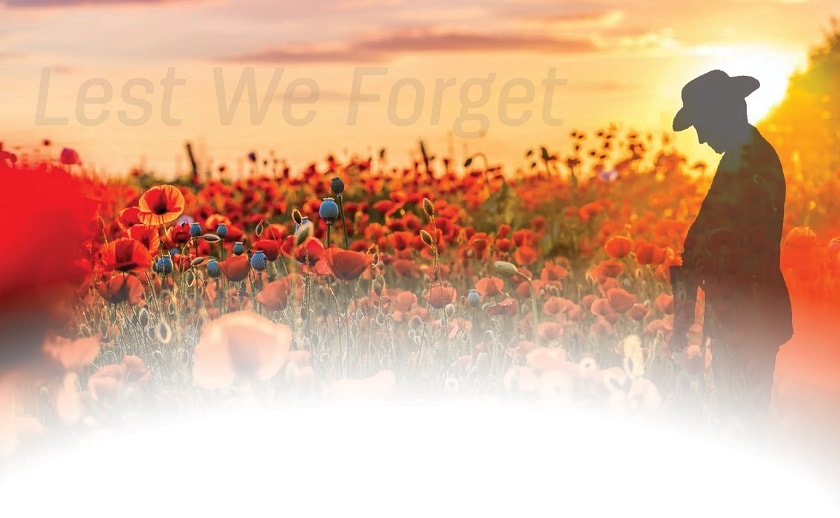This Sunday, 25 April is Anzac Day. A day to pay tribute to the many Australian and New Zealand men and women who have served, and who continue to serve, in all wars, conflicts and peacekeeping missions around the world.
During duty, our service personnel can bear witness to the best and the worst aspects of humanity. But, how can we tell if someone we care about needs help dealing with what they have experienced?
It is perfectly normal for people to experience an emotional reaction to traumatic events, this may include feelings of fear, sadness, guilt, anger, or grief. Over a period, most people will recover with the support of family and friends and return to their normal self.
However, for some a traumatic event or exposure to repeated traumatic events, as can occur for those whose work environment increases their exposure, may lead to mental health issues such as Post-Traumatic Stress Disorder (PTSD), depression, anxiety and substance abuse.
This can have a significant impact on their family, social and work life. If we notice significant changes in a loved one, it might be time to check in. Often these are things we cannot recognise within ourselves.
Some indicators that someone may be struggling with trauma, can include:
- a change in the way they use alcohol
- increased irritability, or angry outbursts
- difficulty sleeping, inability to get to or stay asleep, or nightmares
- sensitivity to sounds, constantly on guard
- loss of enjoyment in pleasant events
- social withdrawal
- avoidance of certain people, places, or things.
In many cases, these indicators can be dealt with through counselling and adopting coping strategies, however prolonged presentation may be because of PTSD, which could require more in-depth treatment.
It is important to note that we all deal with events in our lives differently. There is no shame in reaching out and seeking help. The first step may be a visit to your GP.
If you think someone you know needs help, start a conversation, and really listen to what they have to say.

